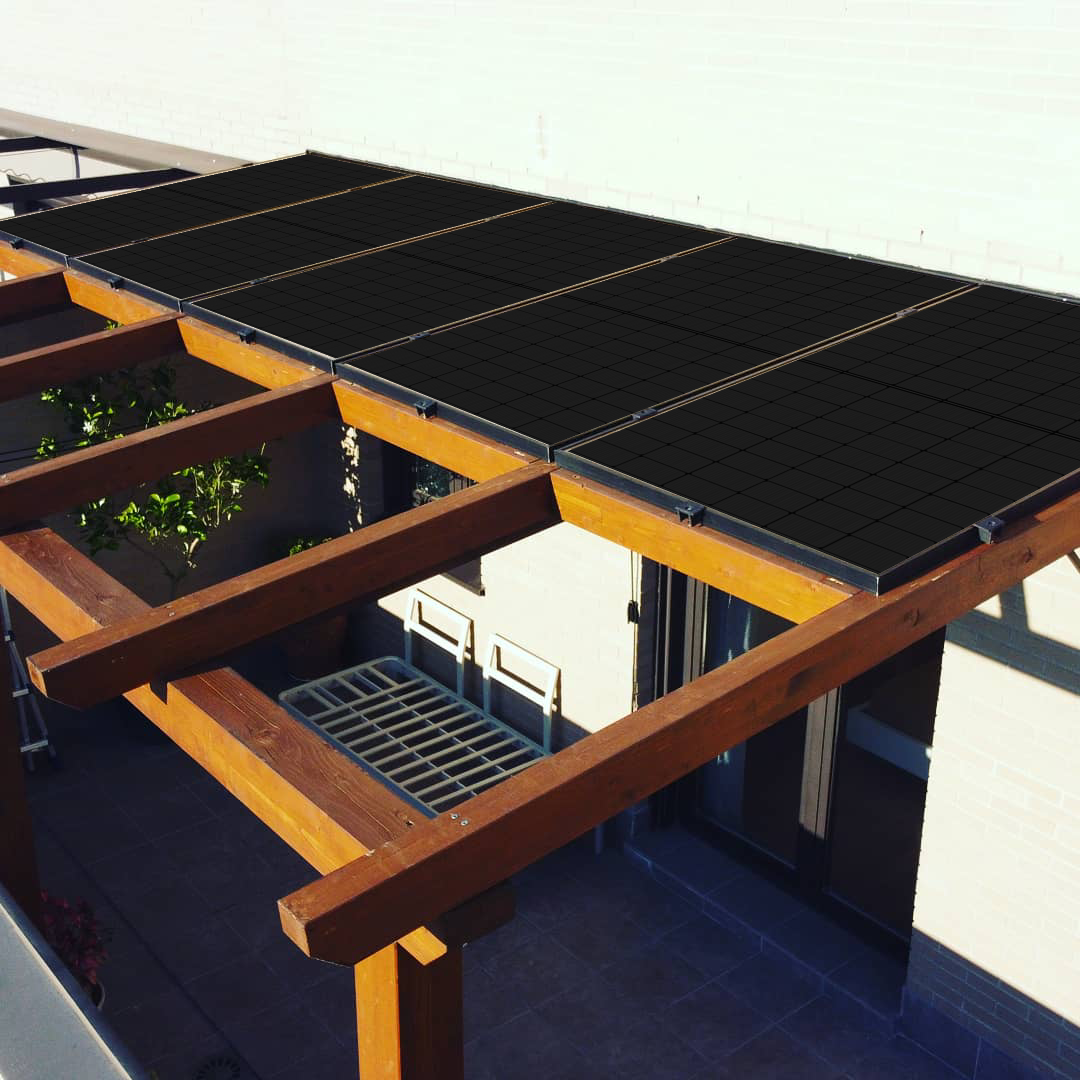
The Complete Guide to Solar Panels: Understanding Types, Benefits, and Installation
With rising energy costs and growing environmental concerns, more homeowners and businesses are turning to solar panels as a sustainable energy solution. Solar panels harness the sun’s energy to produce electricity, offering an eco-friendly and cost-effective alternative to traditional power sources. In this guide, we’ll explore how solar panels work, the different types available, their benefits, and what you need to know about installation.
What are solar panels?
Solar panels are devices designed to convert sunlight into electricity through the photovoltaic (PV) effect. They are typically made up of several solar cells, which are composed of semiconductor materials, usually silicon. When sunlight strikes these cells, it knocks electrons loose from their atoms, generating a flow of electricity. This process is clean, renewable, and can significantly reduce your reliance on fossil fuels.
Solar panels function by capturing sunlight and converting it into direct current (DC) electricity. This electricity is then passed through an inverter, which converts it into alternating current (AC), the type of electricity used in homes and businesses. The electricity can either be used immediately, stored in a battery, or sent back to the grid.
Types of solar panels
When considering solar panels for your home or business, it's important to understand the different types available. Each type has its own advantages and is suited to specific applications.
Monocrystalline solar panels are made from a single continuous crystal structure, which gives them a uniform appearance and high efficiency. They are known for their:
- High efficiency: Typically between 20-22%, making them ideal for areas with limited space.
- Long lifespan: They often come with warranties of 25 years or more.
- Sleek appearance: The panels are usually black, offering a modern look that blends well with most roof types.
Polycrystalline solar panels are made from multiple silicon crystals. They are generally less expensive to produce and offer:
- Moderate efficiency: Ranging from 15-18%, which is lower than monocrystalline panels but still effective.
- Cost-effectiveness: They are more affordable, making them a popular choice for large installations.
- Blue hue: These panels have a distinctive blue color, which may be less aesthetically pleasing to some homeowners.
Thin-film solar panels are made by depositing one or more layers of photovoltaic material onto a substrate. These panels are known for their:
- Flexibility: They are lightweight and can be applied to a variety of surfaces, including curved roofs.
- Lower efficiency: With efficiency rates typically between 10-12%, they are less efficient than crystalline panels.
- Versatility: Thin-film panels are ideal for unique applications where traditional panels may not be suitable.

Benefits of solar panels
Investing in solar panels comes with a wide range of benefits, both for the environment and your wallet.
Environmental benefits:
Solar panels provide a clean and renewable source of energy, which significantly reduces greenhouse gas emissions. By using solar power, you contribute to the reduction of air pollution and help combat climate change. Unlike fossil fuels, solar energy does not produce harmful emissions, making it a sustainable choice for future generations.
Financial savings:
One of the most attractive benefits of solar panels is the potential for significant cost savings. After the initial investment, the energy generated by your solar panels is essentially free. Over time, this can lead to substantial savings on your electricity bills. For example, with Robinsun Performance 20 degree in Spain, you can save up to €426 per year. It means that you can earn back your investment in 2 years! Additionally, many governments offer tax incentives, rebates, and subsidies for solar panel installations, further reducing the overall cost.
Energy independence:
Installing solar panels allows you to generate your own electricity, reducing your dependence on the grid. This is particularly beneficial in areas prone to power outages or where electricity costs are high. By producing your own power, you gain greater control over your energy supply and costs.
Increase in property value:
Homes equipped with solar panels often have a higher property value. Potential buyers are increasingly aware of the benefits of solar energy, including lower utility bills and environmental responsibility. This makes homes with solar panels more attractive in the real estate market.
Solar panel installation
Proper installation is crucial to ensure that your solar panels perform efficiently and safely. At Robinsun, we offer plugin solar kits which you can install by yourself easily. Check below how fast it is to install a Robinsun solar kit.
[video]
Robinsun solar panels can be installed in a garden, a flat and tile roof, a pergola, a balcony, and on a wall. If you don’t know where to install in your home, we are more than happy to help.
Installation process
Mounting the panels: Solar panels are mounted on your roof using a racking system. The orientation and angle are carefully adjusted to maximize sun exposure.
Electrical connections: Panels are wired to an inverter, which converts the DC electricity generated by the panels into AC electricity. This is then connected to your home's electrical system.
System testing: Once installed, the system is tested to ensure it is functioning correctly and efficiently.
Grid connection: If you are installing a grid-tied system, your solar setup will be connected to the local grid, allowing you to sell excess power back to the utility company.
Maintenance and monitoring
Solar panels require minimal maintenance, but regular cleaning and inspections are recommended to ensure optimal performance. Most systems come with monitoring software that allows you to track your energy production and detect any potential issues. Check on our blog about solar panel maintenance for more information.
Conclusion
Switching to solar panels is a smart investment in both your financial future and the health of our planet. By understanding the different types of panels, their benefits, and the installation process, you can make an informed decision that best suits your energy needs. Whether you're motivated by environmental concerns, the potential for savings, or the desire for energy independence, solar panels offer a reliable and sustainable solution.
If you’re ready to explore your solar options, start by researching the best solar panels for your home or business and find a reputable installer to guide you through the process. Contact us via email, WhatsApp or call us directly if you have any questions or need help to choose your own Robinsun plugin solar kit.
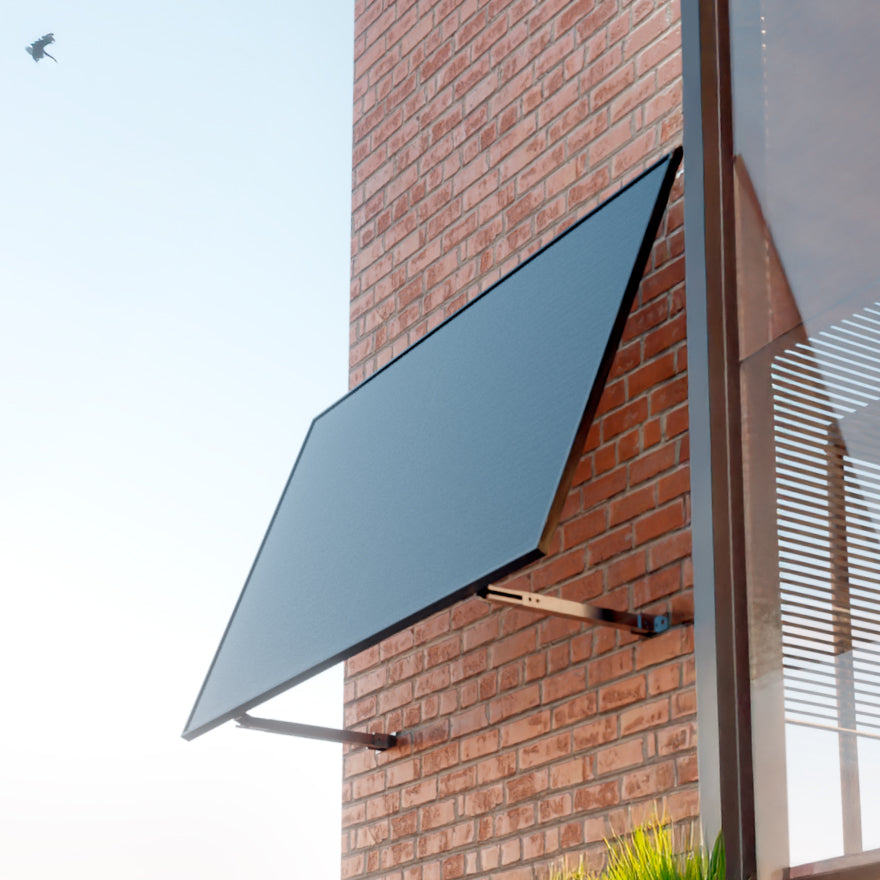
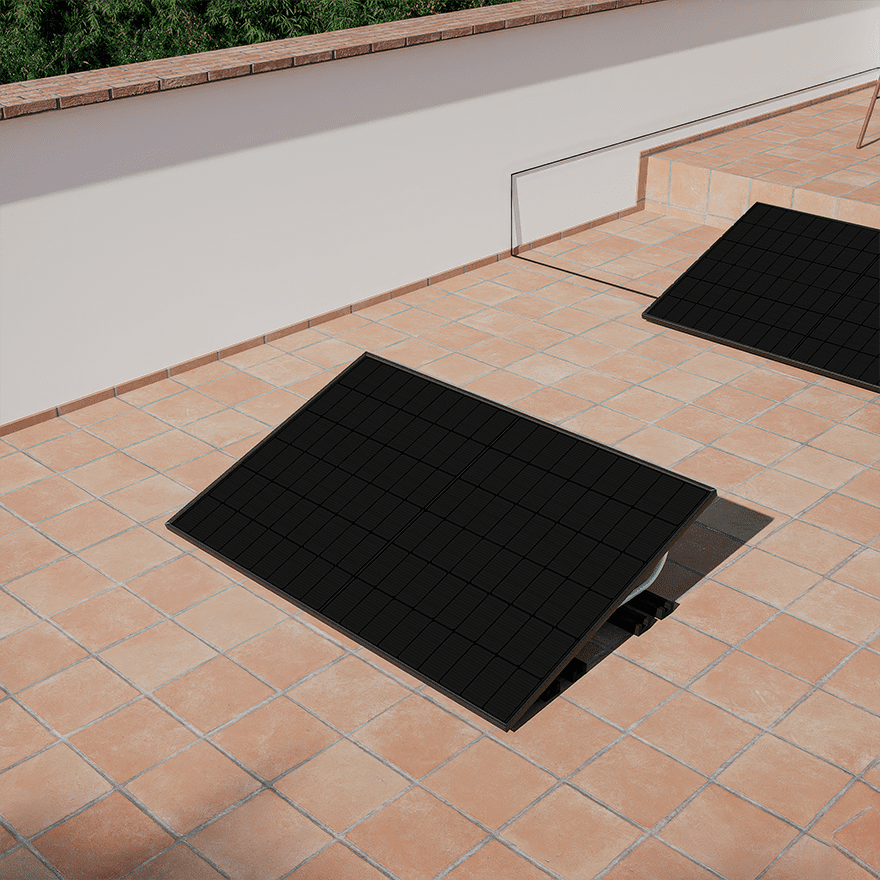
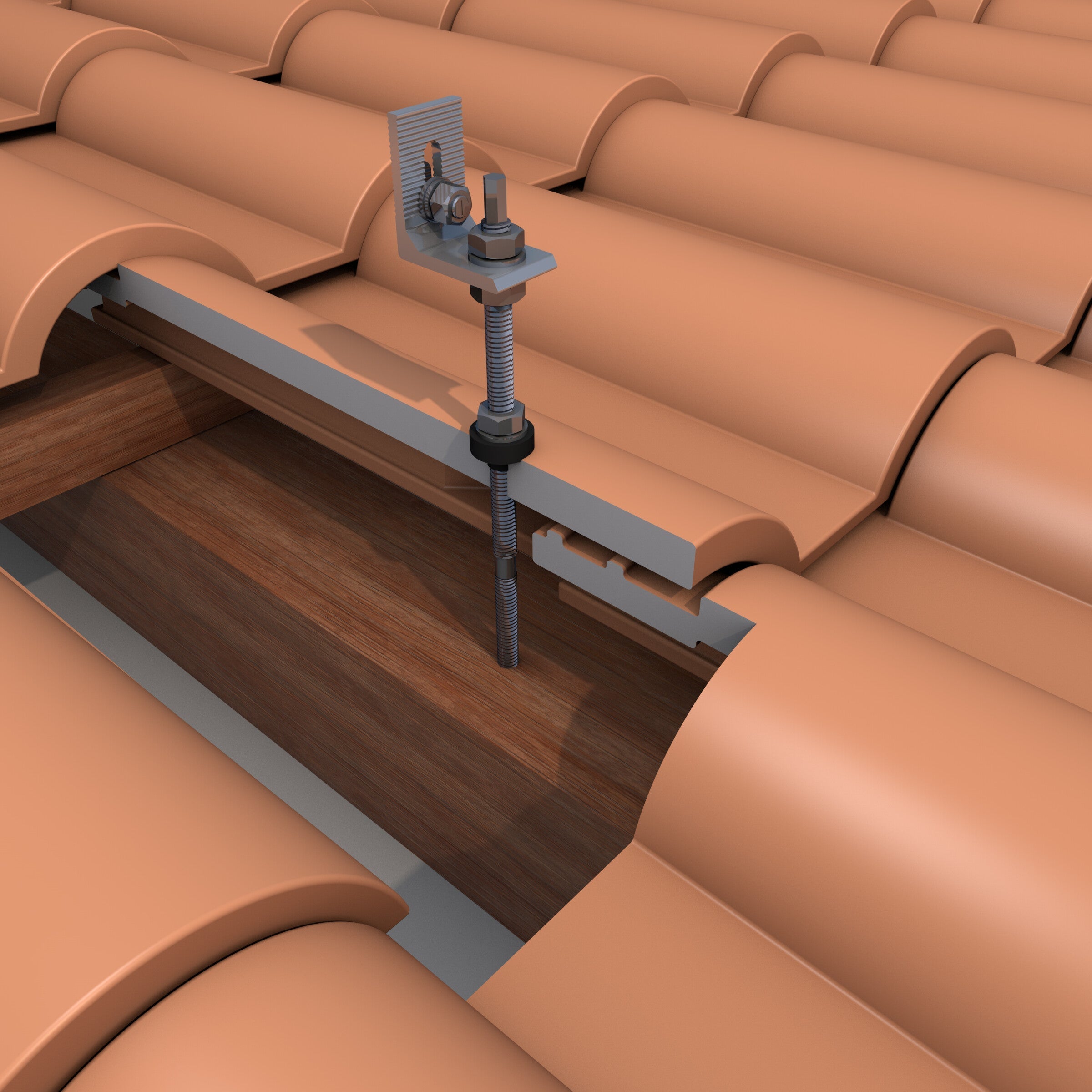
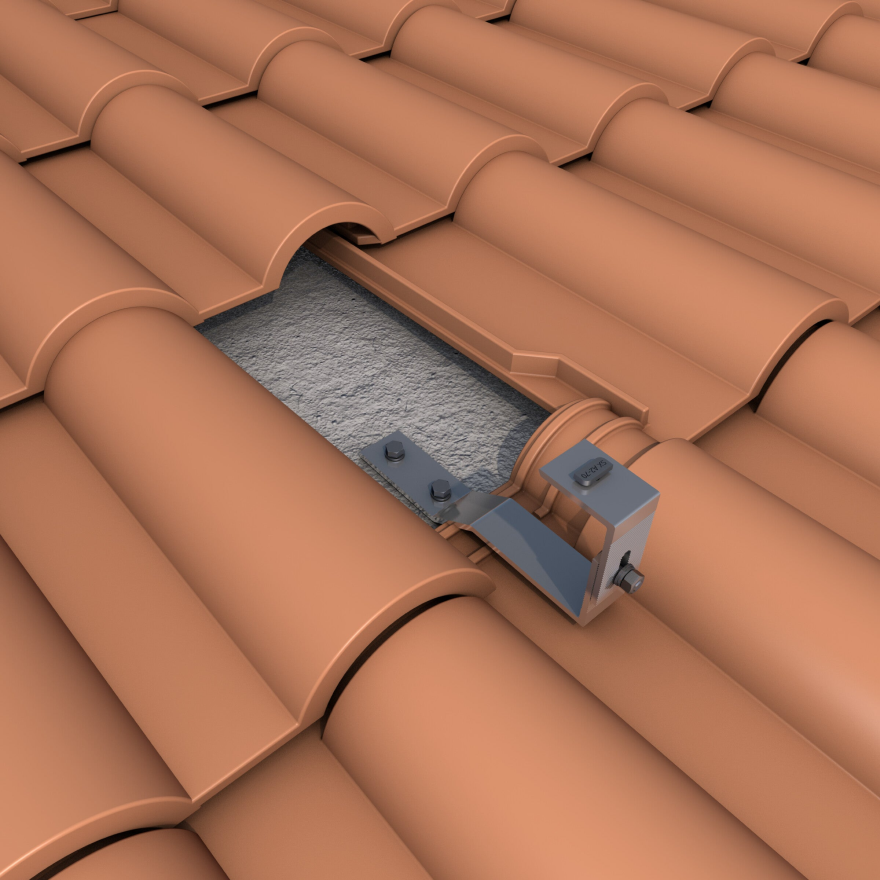
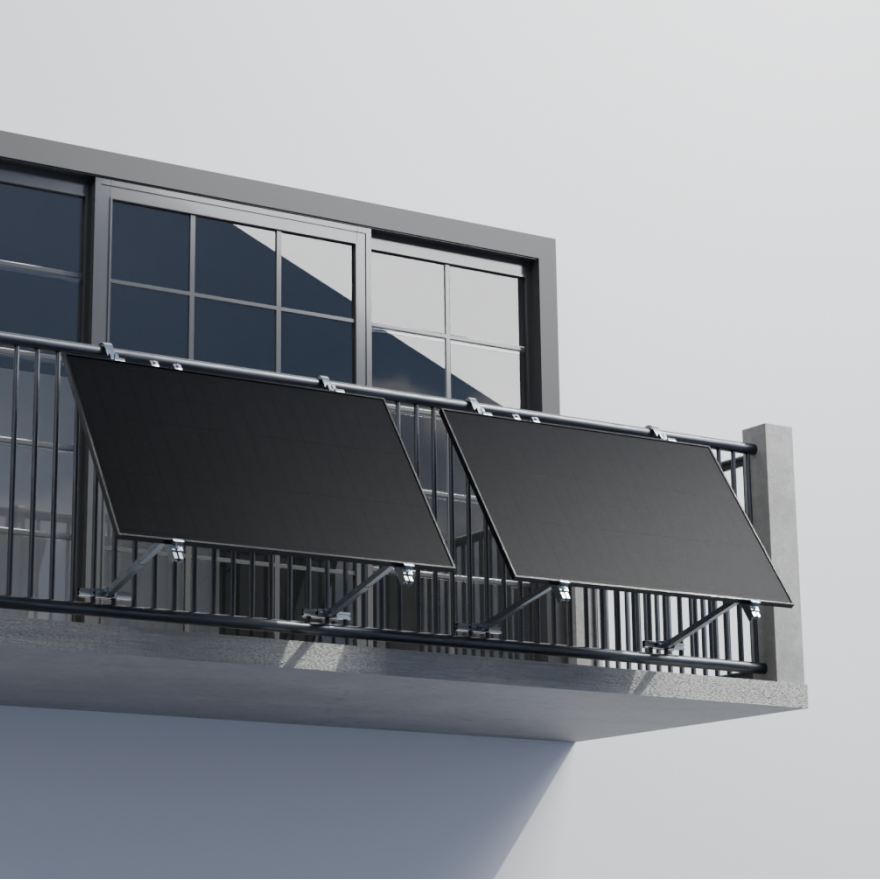
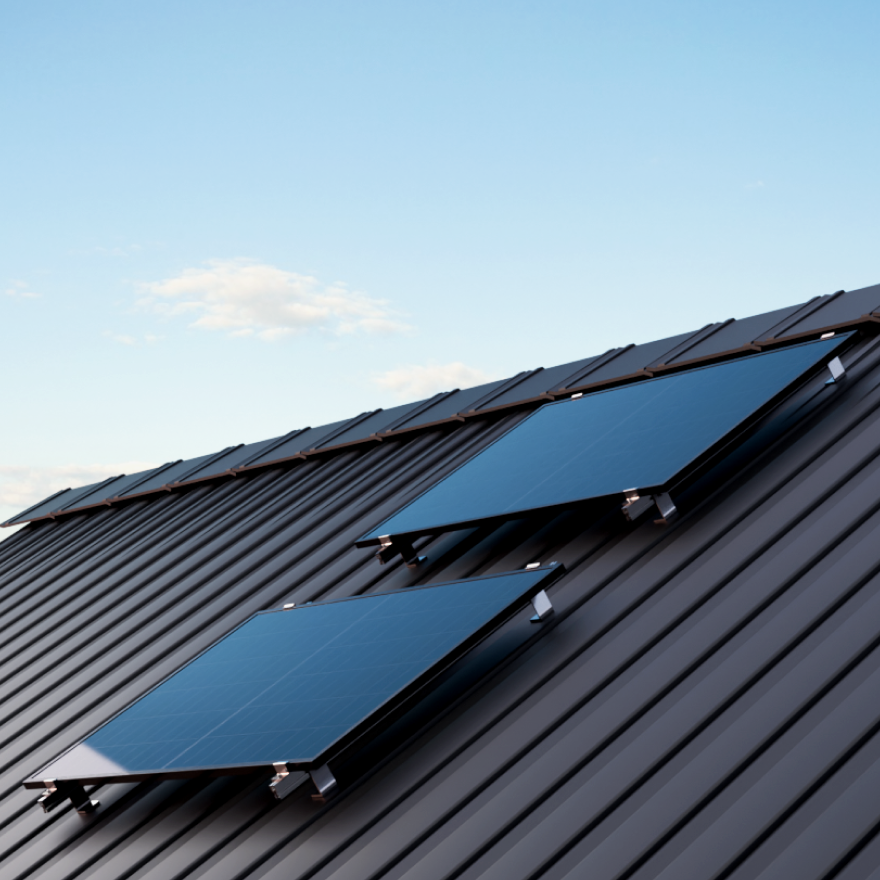
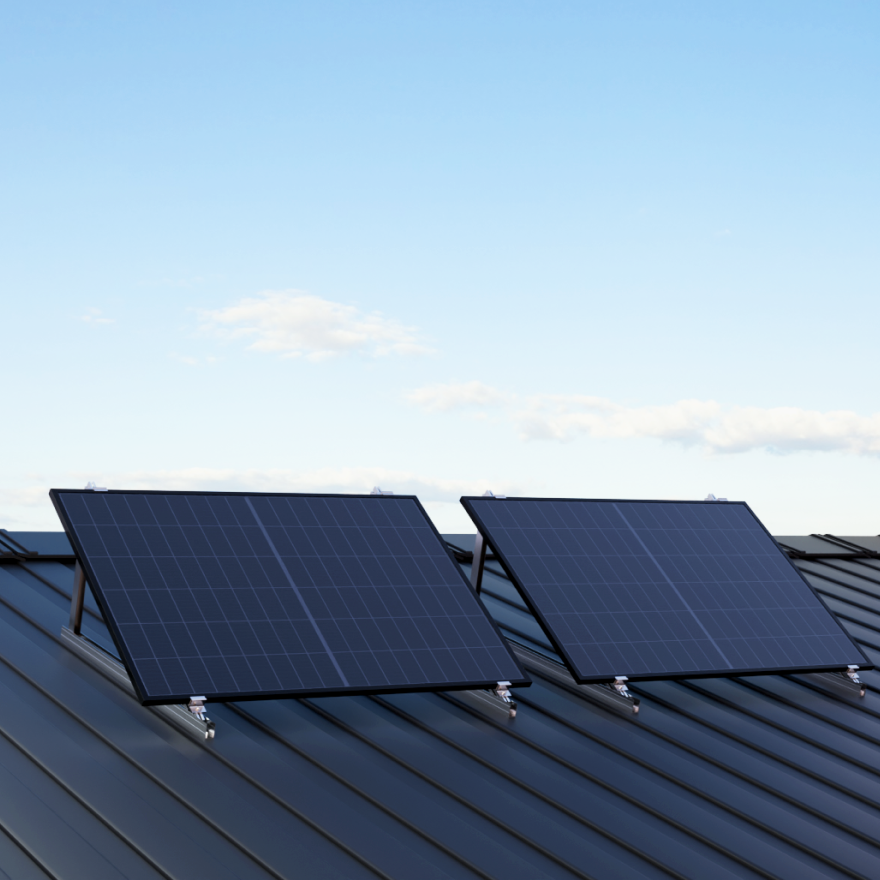
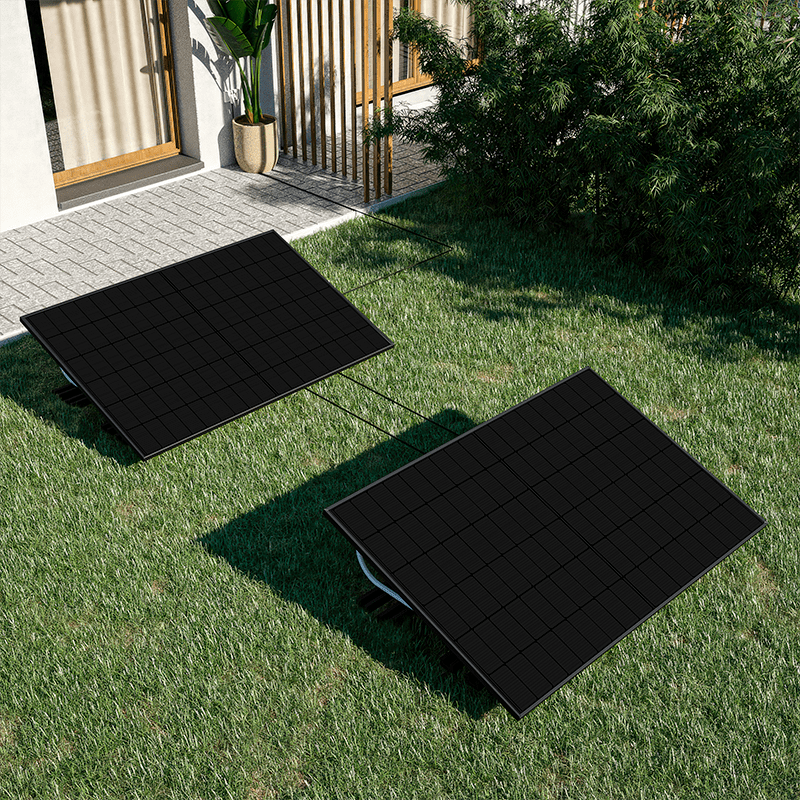
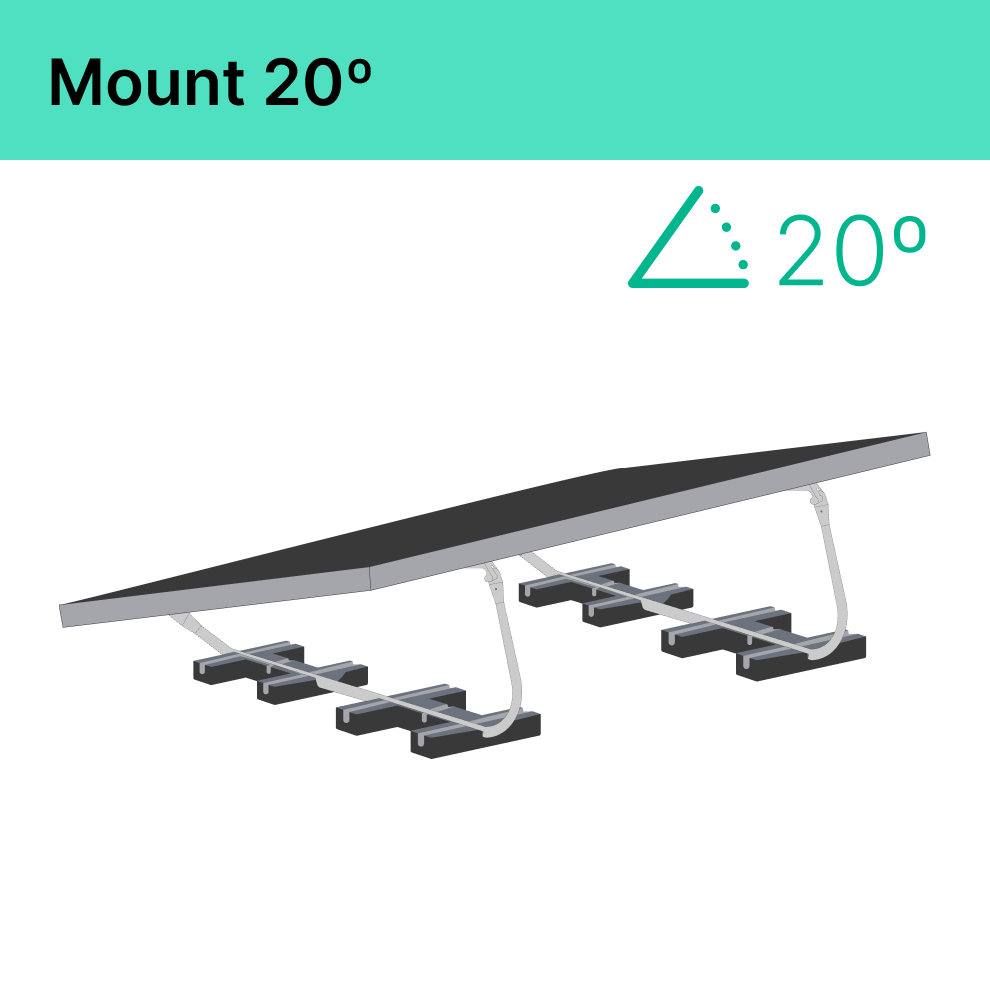
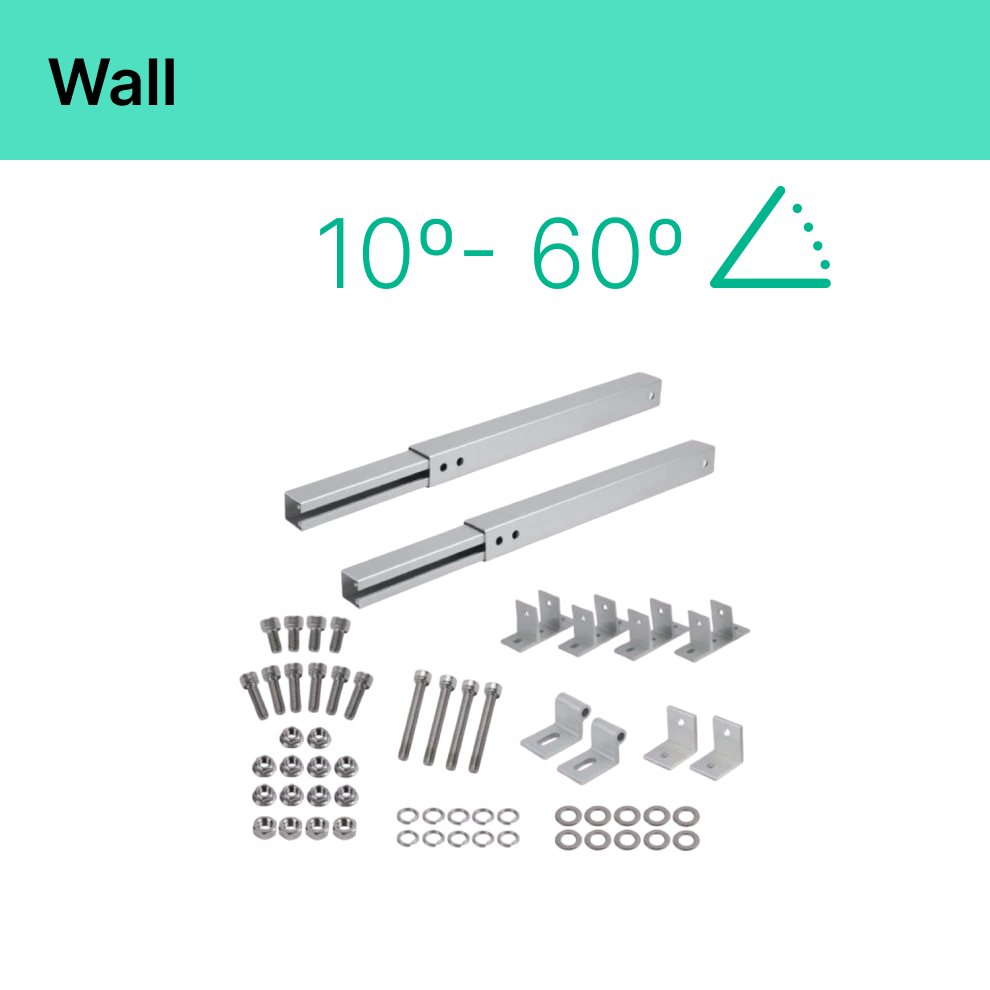
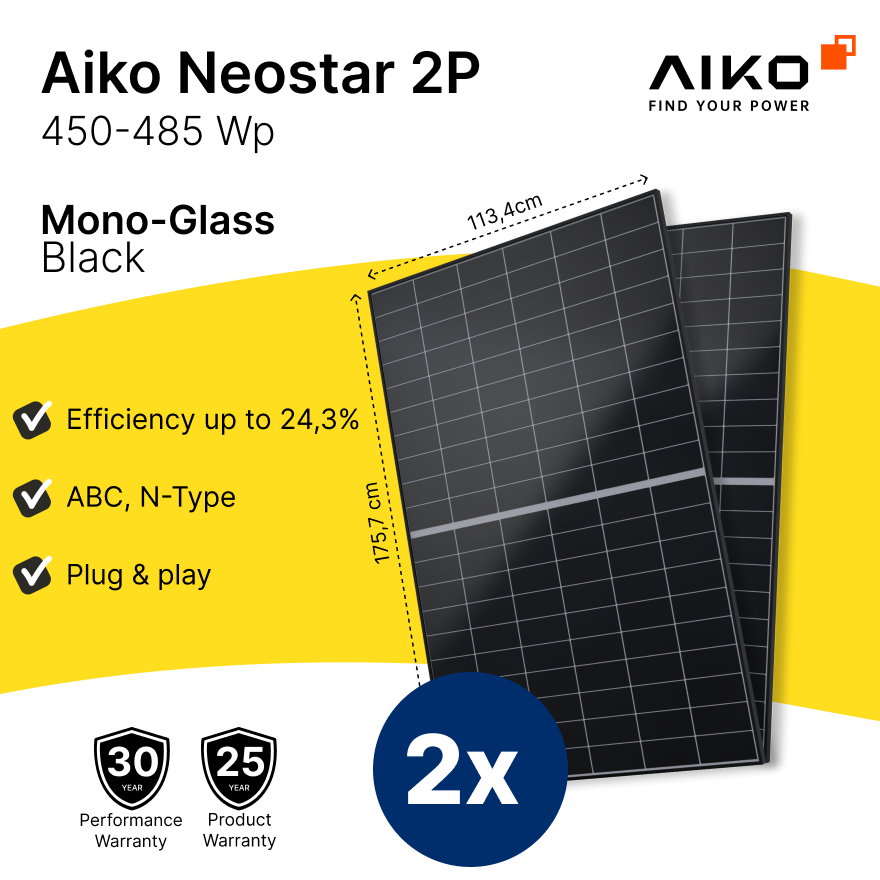
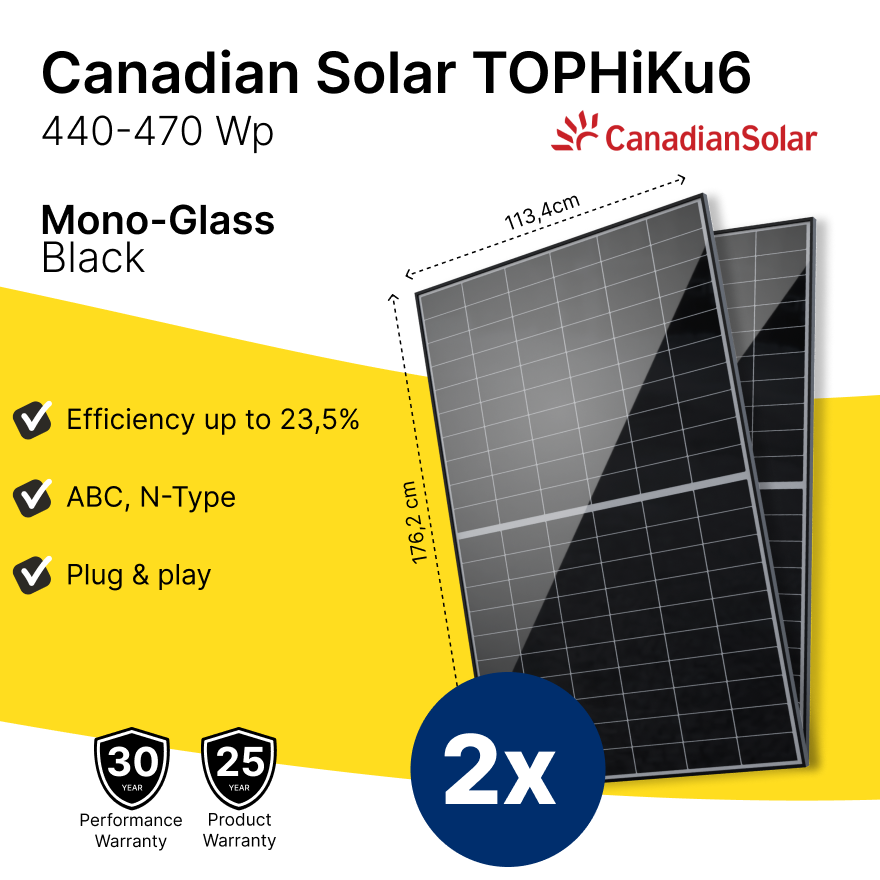
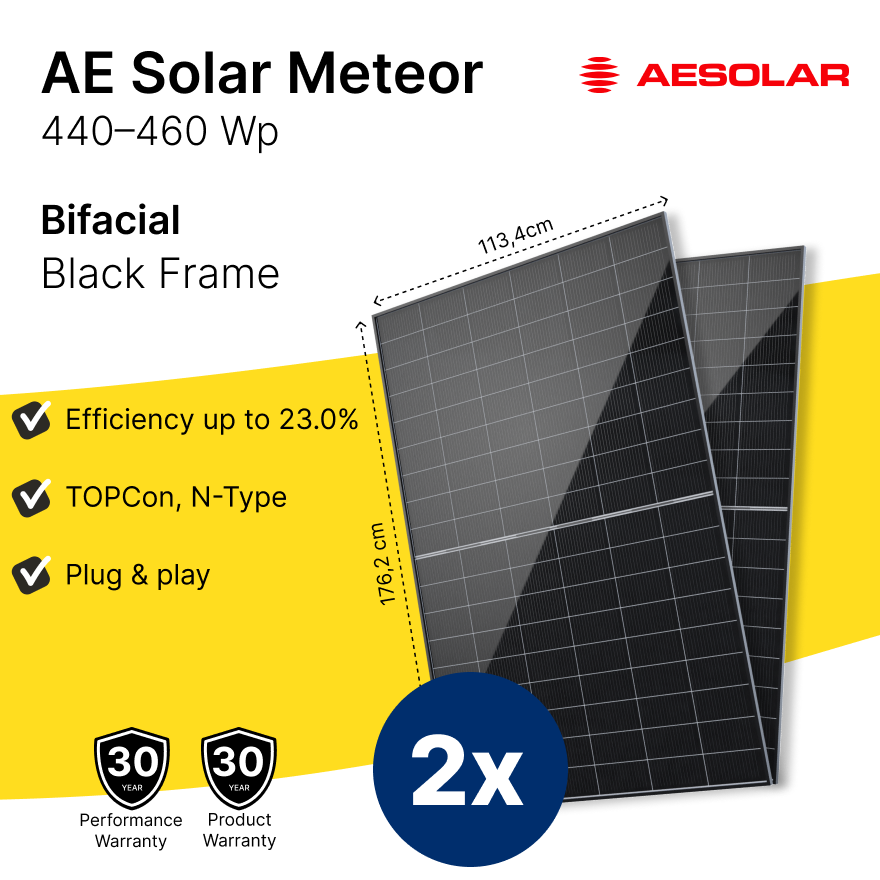
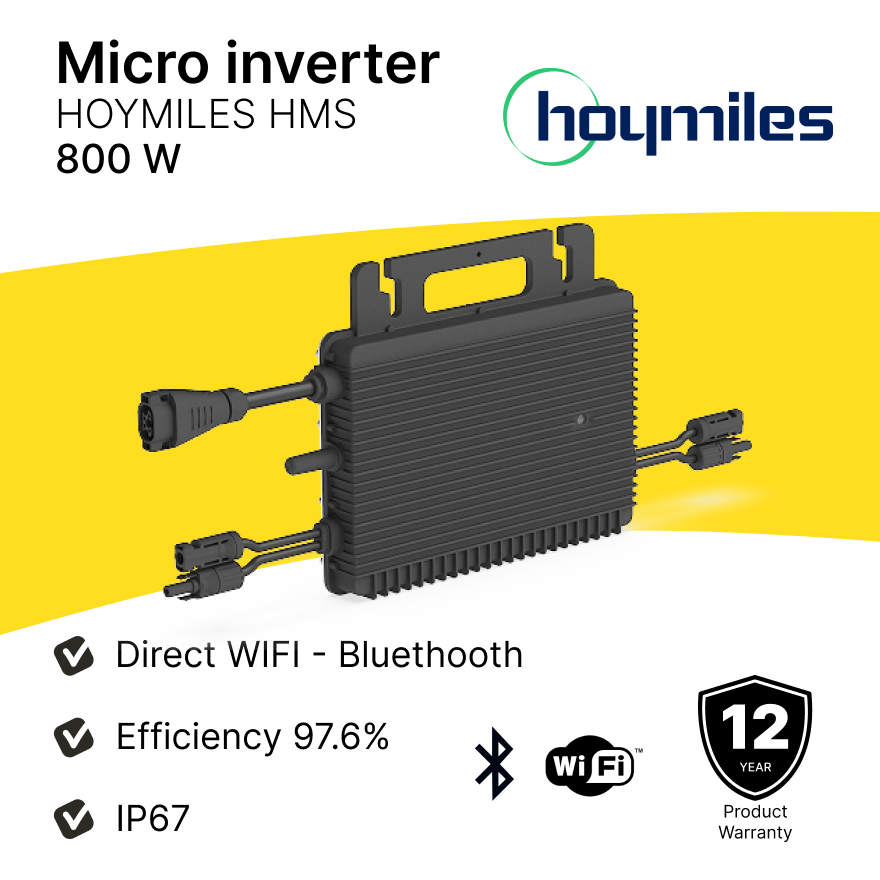
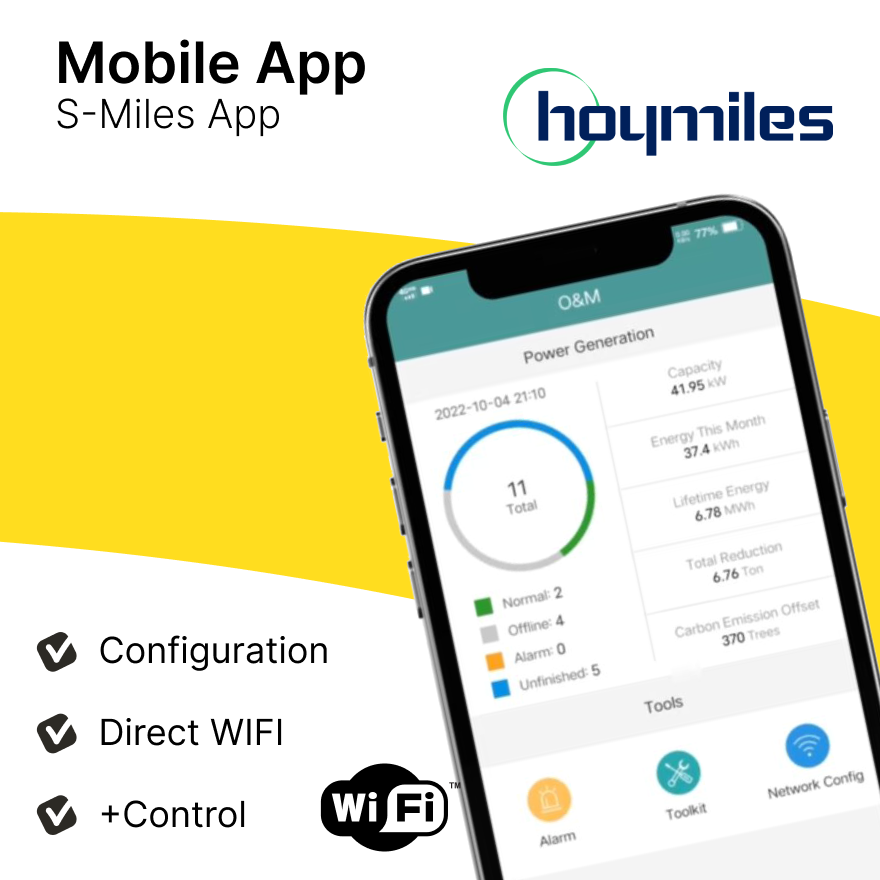
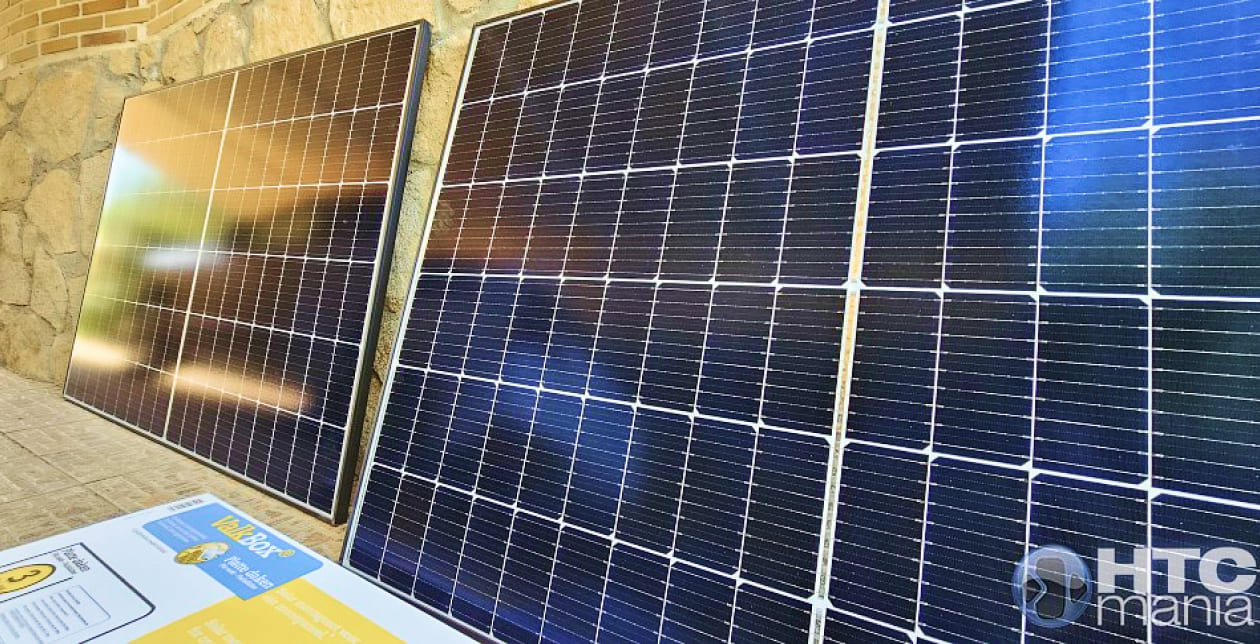

Hinterlasse einen Kommentar
Diese Website ist durch hCaptcha geschützt und es gelten die allgemeinen Geschäftsbedingungen und Datenschutzbestimmungen von hCaptcha.